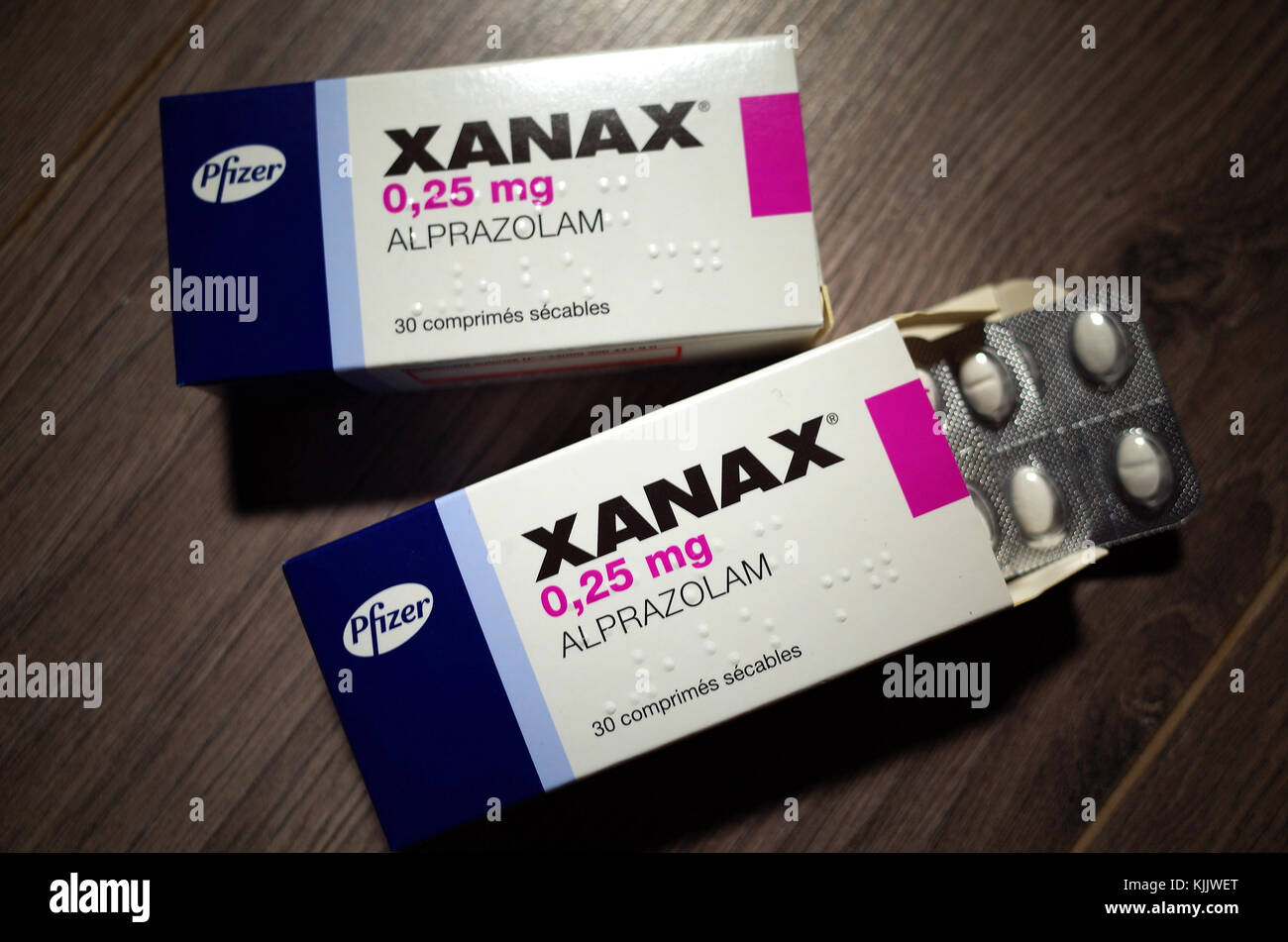

Your child's dose will depend on age, weight, diet, and other factors. Your dose needs may be different during pregnancy or while you are nursing.ĭo not give cholecalciferol to a child without medical advice. Ask a doctor before using cholecalciferol if you are pregnant or breastfeeding. Too much vitamin D could harm an unborn baby or a nursing baby. patients with symptomatic vitamin D deficiency or malabsorption, those taking antiresorptive therapy, or where poor compliance is suspected. Ask a doctor before using cholecalciferol if you have allergies, diabetes, or phenylketonuria (PKU). Routine monitoring of plasma-25-hydroxyvitamin D concentration is not needed, but may be considered 36 months after starting treatment in some cases e.g. any condition that makes it hard for your body to absorb nutrients from food (malabsorption).Ĭertain forms of cholecalciferol may contain ingredients you should know about, such as peanut or soybean oil, sugar, aspartame (phenylalanine), or certain food dyes.high levels of calcium in your blood (hypercalcemia) or.

high levels of vitamin D in your body (hypervitaminosis D).You should not use cholecalciferol if you have had an allergic reaction to vitamin D, or if you have:


 0 kommentar(er)
0 kommentar(er)
